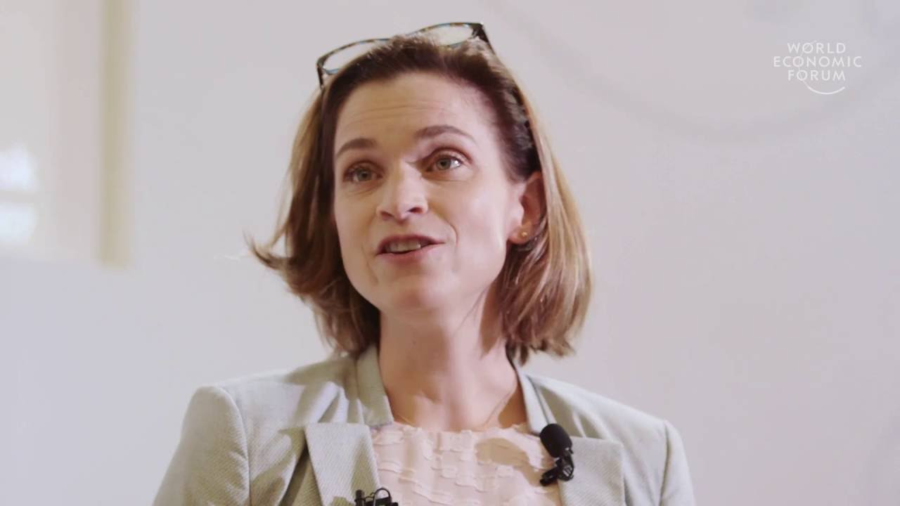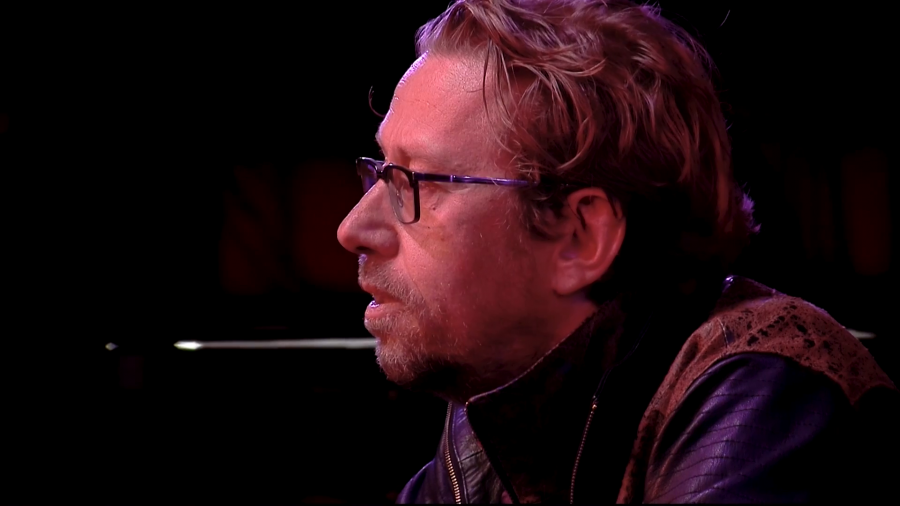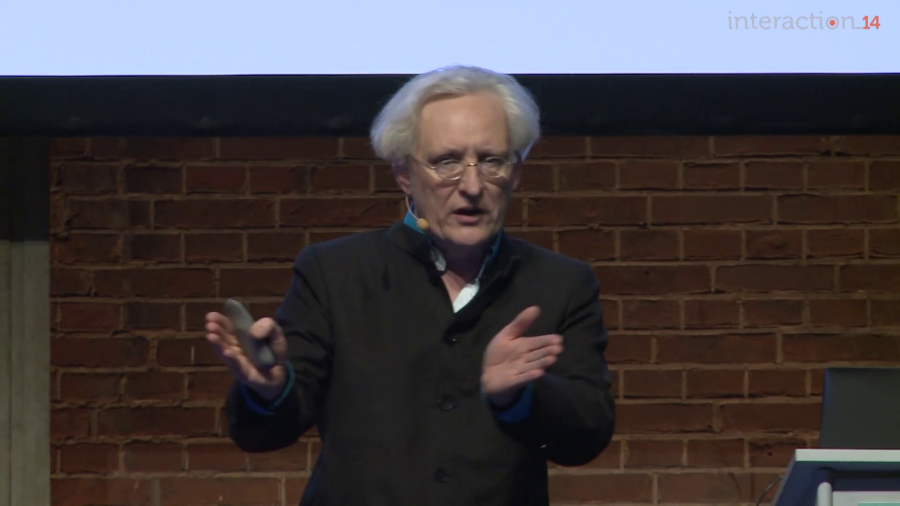I’m going to take you back to two key evolutionary innovations that happened early on in our lineage that set us off on a trajectory distinct from that of our closest living relatives, the African great apes, chimpanzees, and gorillas.
Archive
If you were to ask me what the crisis in the present is, as an evolutionary biologist I have to go back millions of years and try to connect all the dots, going back to man as a single-celled organism to present time, and saying what is it that is causing modern consternation? More importantly, is there a pattern? Has this happened before? Were there some ordinary people like you and I, shopkeepers in Rome, who were standing around and saying, “You know, our leaders don’t seem to be on top of our problems. They seem to be getting worse one generation after another.”
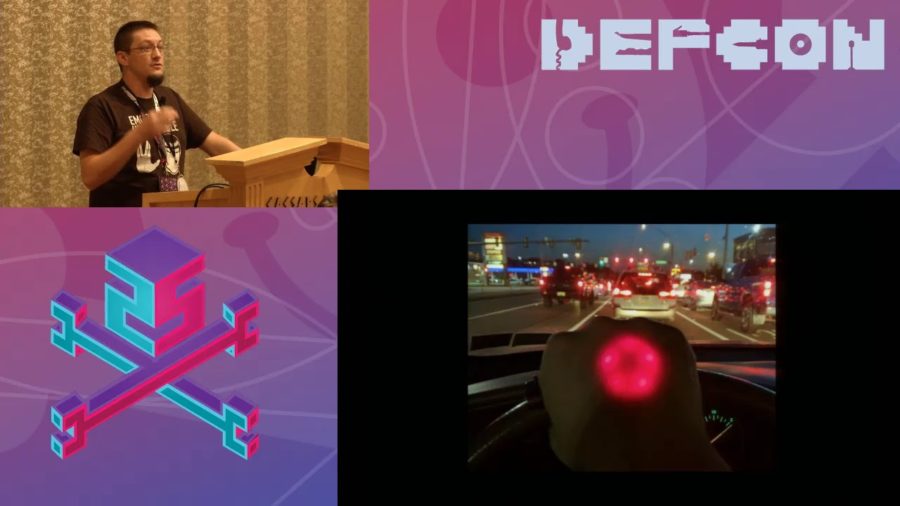
I think that we have a moral imperative to change the human being, given the fact that we are built so flawed and built for a time that we no longer live in. There’s a pretty pervasive belief that we kind of stopped evolving from the neck up. And that we don’t have behaviors that are actually stuck inside the human being, and ways in which we’re in this sort of evolutionary lockstep with what we used to be, and not what we are and what we’ve become.
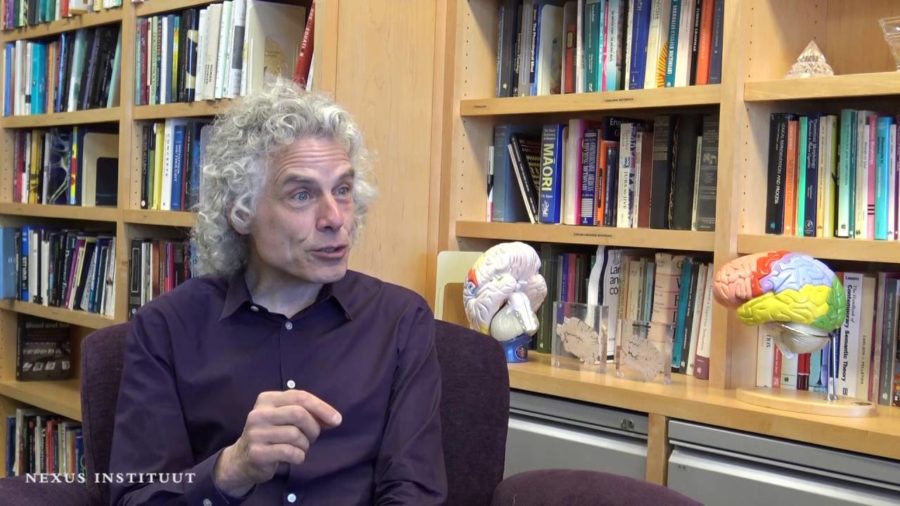
There are many changes to our institutions and our norms and our ideas that can reduce or eliminate the risks of nuclear war without what I consider a rather quixotic attempt to change the course of human evolution.
My main goal is not to die in the first place. I hope to keep living, hopefully long enough that science will have solved the aging problem and I won’t have to die. But since I don’t know how long that’s going to take, cryonics is the real backup policy for me.
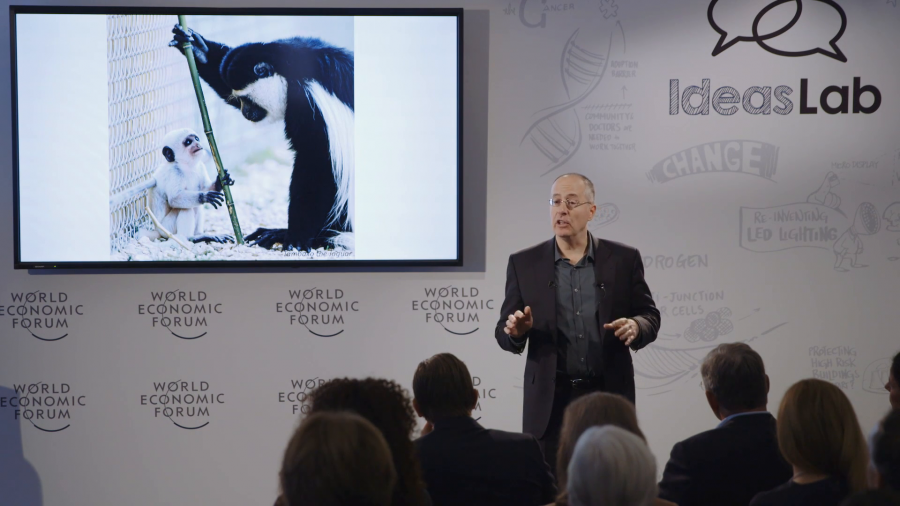
When lower primates form a hierarchy, those at the bottom undergo a change in their dopamine system. This makes them more likely to consume drugs in an addictive fashion. Now, if this turns out to be true of our species, that would mean that human beings are particularly vulnerable if they’re in some way dominated or don’t have any power.

